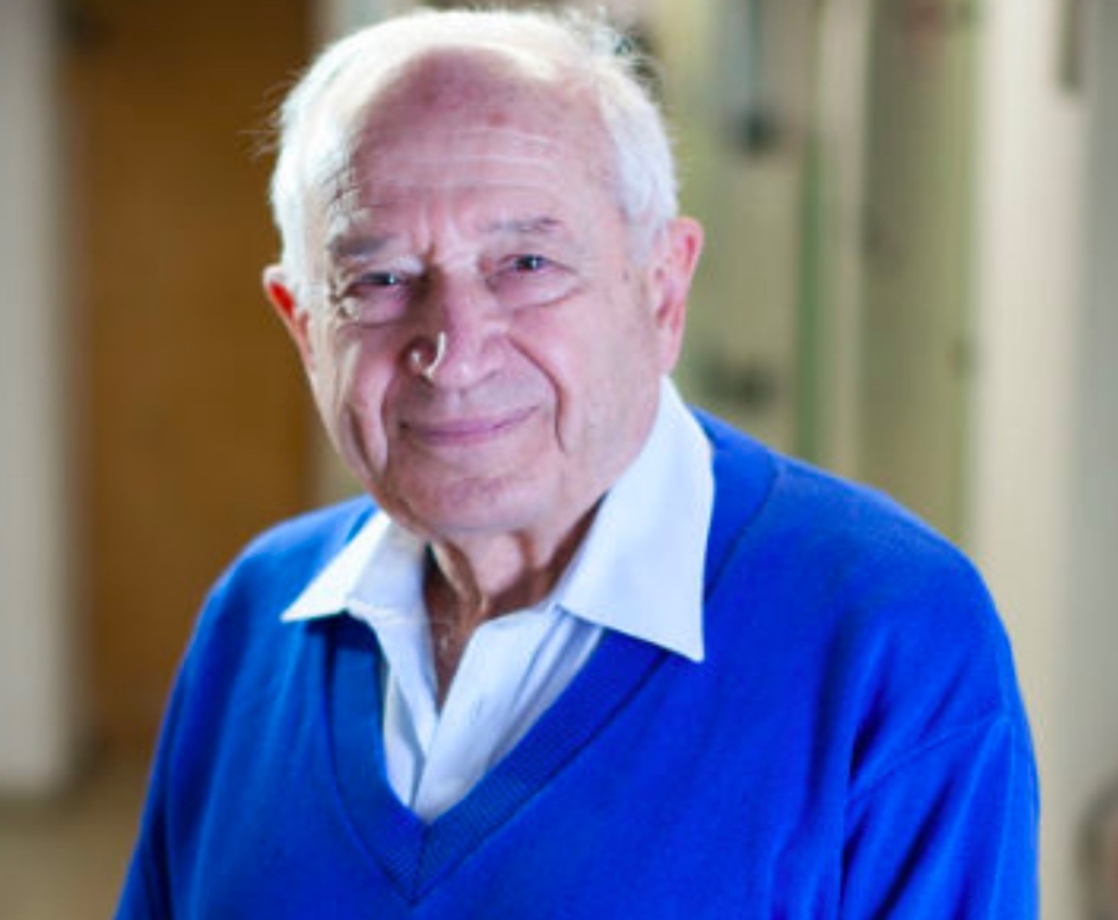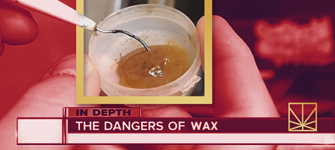Raphael Mechoulam, professor of medicinal chemistry at the Hebrew University of Jerusalem — who’s also known as the “Godfather” of cannabis research — has discovered a way to create safe and stable synthetic acid forms of THC and CBD, opening the doors for a wide range of new medical treatments.
In the early 1960s, Mechoulam and his team of researchers discovered the existence of CBD, THC, and other cannabinoids. “Our first paper was on the structure of cannabidiol (CBD), and a bit later we isolated for the first time THC in pure form and elucidated its structure,” Mechoulam told the International League Against Epilepsy. In 1980, the professor conducted clinical tests that concluded that CBD could prove an effective treatment against epilepsy.
The War on Drugs hit its peak in the 1980s, however, and this groundbreaking research was largely ignored. “Not much happened,” Mechoulam told NBC News. It would take nearly thirty years before the medical community finally began to accept the therapeutic potential of CBD. Last year, the FDA finally approved Epidiolex, the first cannabis-derived epilepsy treatment to be sanctioned by the federal government.
This week, Mechoulam announced another breakthrough in cannabis research. EPM, a startup founded by Mechoulam, six universities from Israel, the UK, and Canada, and two medical corporations, revealed that they have discovered a way to produce stable, synthetic cannabis acids.
To clarify: these high-level synthetics are not the same synthetic cannabinoids sold on the streets as K2. In fact, the way Dr. Mechoulam and his team of chemists isolate, then replicate, cannabinoids can only be done in state-of-the-art laboratories — not janky basement labs operated by black market profiteers.
Cannabis acids, like THC-A and CBD-A, are more potent forms of common cannabinoids that are present in cannabis plants when they are alive. These compounds are highly unstable outside of living plants, however, and previous attempts to isolate them have been unsuccessful. EPM has figured out how to create synthetic, stable forms of these acids, which could have powerful medical potential.
Naturally-occurring CBD acid (CBD-A) has been found to be a thousand times more potent than pure CBD at binding to serotonin receptors linked to alleviating nausea and anxiety. In a study published in the British Journal of Pharmacology last year, Mechoulam and his team of researchers found that their synthetic version of CBD acid, known as cannabidiolic acid methyl ester, can potentially replicate these effects.
The stability of this synthetic compound would allow it to be mass-produced, making it “a potential medicine for treating some nausea and anxiety disorders,” NBC reports. “It’s an interesting molecule that potentially doesn’t have side effects,” said Dan Peer, head of the Cancer Biology Research Center at Tel Aviv University. “It works like a steroid. If it doesn’t have adverse effects, then you have a replacement, which is great.”
Ziva Cooper, research director of the UCLA Cannabis Research Initiative, told NBC that EPM’s “work is quite innovative, and it definitely builds on what we know related to the potential therapeutic effects of cannabinoids.” Cooper believes that this synthetic form of CBD-A could be more effective for pain control than existing CBD medicines.
Additional research will be required to determine if this synthetic CBD-A is safe and effective for humans, but now that the medical community is finally beginning to understand the medical powers of cannabis, it doesn’t seem likely that Mechoulam’s research will go ignored again.











